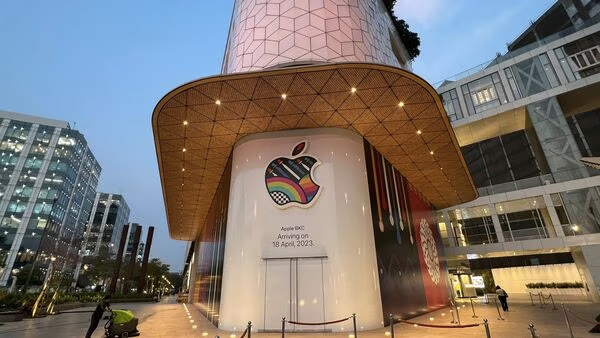CHINA COVID-19 DISRUPTION CONTINUES TO IMPACT RETAIL
- Luxury Club SDABAC
- Feb 28, 2023
- 2 min read
While all coronavirus restrictions were lifted in the UK early last year, it was only in December that China ditched its strict zero-Covid policy, and inevitably the effects have been felt across the retail industry worldwide.

This month, Toronto-based outerwear brand Canada Goose announced a 10.8% drop in net income to £82.7 million in the three months to 1 January and lowered its full-year forecasts as Covid disruptions diminished China sales. Dani Reiss, chairman and CEO of Canada Goose, commented: “For most of the third quarter which includes December, our busiest month of the year, our performance was impacted by worse than expected Covid related disruptions in mainland China. This, combined with recent slowing momentum in North America set against a tough macro-economic backdrop, has led us to revise annual guidance.”
Similarly, Californian corporate-headquartered footwear brand Skechers recently reported that during the same quarter, it suffered a 23% decrease in China sales due to the pandemic, including the temporary closure of more than 1,000 Sketcher stores in November 2022, which offset total growth. David Weinberg, chief operating officer of Skechers, was therefore not alone when he commented that “with the recent elimination of the zero-Covid policy, we believe that our business in China will improve throughout 2023” – this is particularly so in the footwear industry as a whole, which relies on China for manufacturing and a substantial percentage of sales.
In reality, however, China’s abrupt reopening has been stricken with further issues, including a subsequent increase in Covid infections causing staff shortages. As a whole, China’s pace of economic recovery appears slow, with retail in particular not anticipated to reach pre-pandemic levels of growth for several years to come.



Comments